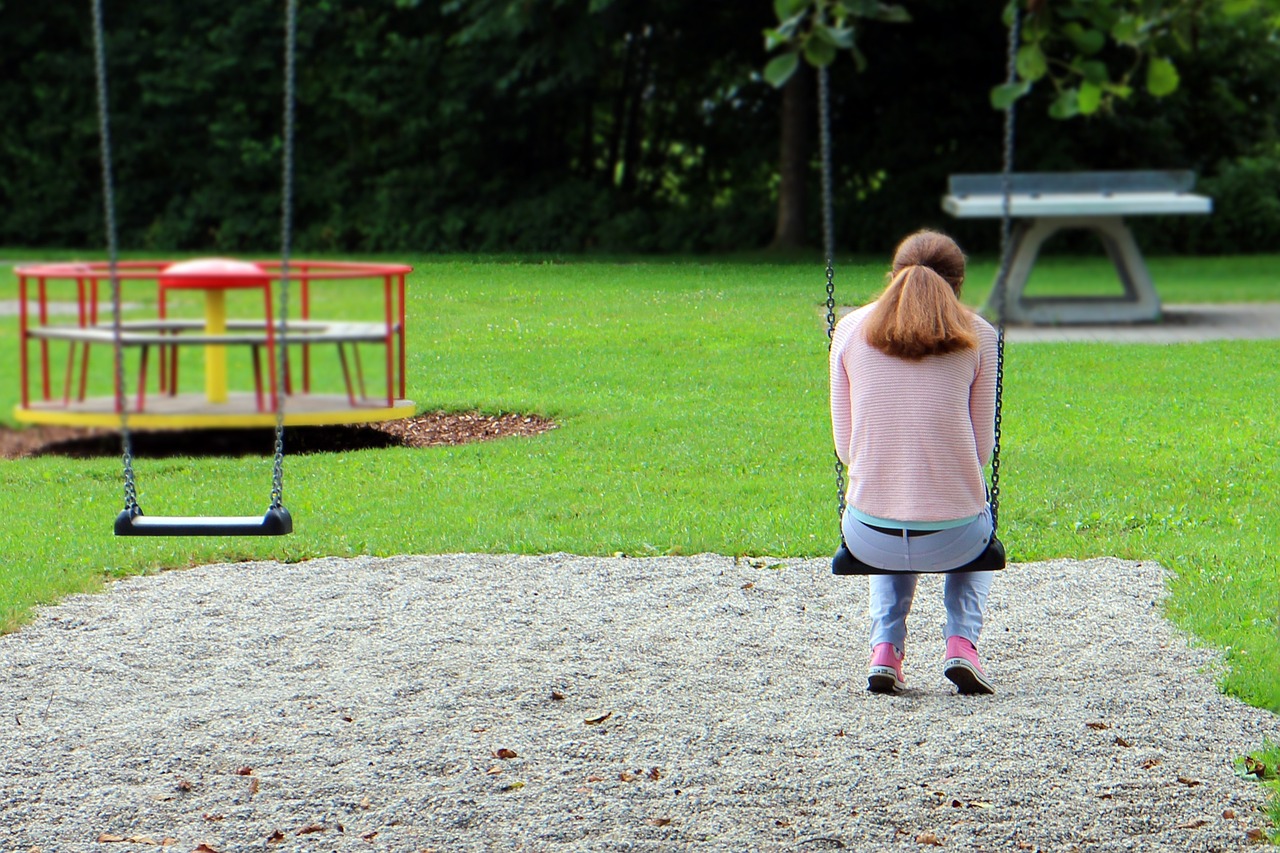- 200 years
- Study
- International
- Business and employers
- Research
- About us
Study cautions that vulnerable girls are suffering in silence.

A new report warns that vulnerable girls are suffering in silence.
Many thousands of girls in England are at risk of serious violence, sexual assault, and criminal exploitation – with a lack of recognition of the scale of the problem, leaving support services ill-equipped and girls vulnerable.
These are the findings of a report by Manchester Met and the Commission on Young Lives, which finds that many vulnerable girls and young women in England are being groomed into holding weapons or drugs for boys, young men, or gangs, and who are victims of sexual assault, rape, and violent relationships.
The report warns that a lack of recognition of the scale of these problems and an under-reporting of concerns about risks to girls is leaving many invisible to services and help.
It has been estimated that over 200,000 children in England aged 11-to-17 are vulnerable to serious violence, with around 20% to 30% being girls. This suggests that there could be as many as 60,000 girls in England vulnerable to serious violence. Many of these girls are likely to also be at risk of sexual assault and criminal exploitation.
The report warns that most youth justice and criminal gang prevention activities are aimed at boys and reveals that one organisation providing crisis care for girls and young women has doubled since COVID, as it expanded its services.
Keeping Girls and Young Women Safe: Protecting and supporting girls and young women at risk of exploitation, violence, gangs and harm calls for the Government to prioritise tackling violence against girls in and around gangs, with dedicated support workers in areas of high violence.
It also recommends educational programmes to tackle the spread of misogynistic messages from social media influencers and says consent and healthy relationships should be introduced in primary schools from year five onwards.
The report says that most of the affected girls are not ‘gang members’ themselves, but some are involved with or affected by gangs, and they are being exposed to environments where there are very high levels of control, sexual exploitation, and criminal activity.
Analysis of early intervention projects shows how girls can be protected from harm and supported to succeed. The report highlights the success of Manchester-based Getting Out for Good (GOFG) project, a collaborative approach to changing the lives of gang-affected girls and young women which worked with over a hundred girls.
Dr Deborah Jump, Deputy Director of the Manchester Centre for Youth Studies at Manchester Met, said: “Our research provides a clear sense of direction for policy makers seeking to tackle these problems, support girls and young women to succeed and prevent harm. A greater focus - alongside investment - in early help and the development of community, gender-based, culturally representative, trauma-informed support is key.
“Creating environments where girls and young women can build trusted relationships with people who they can relate to, and go on to disclose what is going on, is crucial.”
Anne Longfield, Chair of the Commission on Young Lives, added: “The horrific consequences of gang violence on boys are played out regularly on our streets and in the news and are, rightly, a major cause of concern. But it is now clear that thousands of girls are also being harmed, sexually assaulted, raped or controlled in a way and on a scale that is not being recognised.
“It is time to recognise the threats and risks facing girls and break the conspiracy of silence that has left too many vulnerable young women without the access to support that can protect them from exploitation and harm and encourage them to meet their aspirations.”
The report’s policy recommendations include the protection of girls from gang-related harm being made a priority in safeguarding frameworks, specialist educational programmes for all secondary schools in violence hot spot areas, and training for teachers, health professionals, the police, and children’s services to raise awareness of the impact of vulnerability and trauma on girls and young women.
Dr Jump added: “We are encouraged by the progress made by some of the local interventions now underway but these are very small scale and in their infancy. We remain concerned that there is a significant lack of focus in both policy and funding on the needs of vulnerable girls and young women that is leaving many at risk of significant harm.”
A link to the joint report by Manchester Metropolitan University’s Centre for Youth Studies and the Commission on Young Lives, with full the recommendations, is available here: MMU-COYL-report-FINAL.pdf.
Wednesday, 19th July 2023
